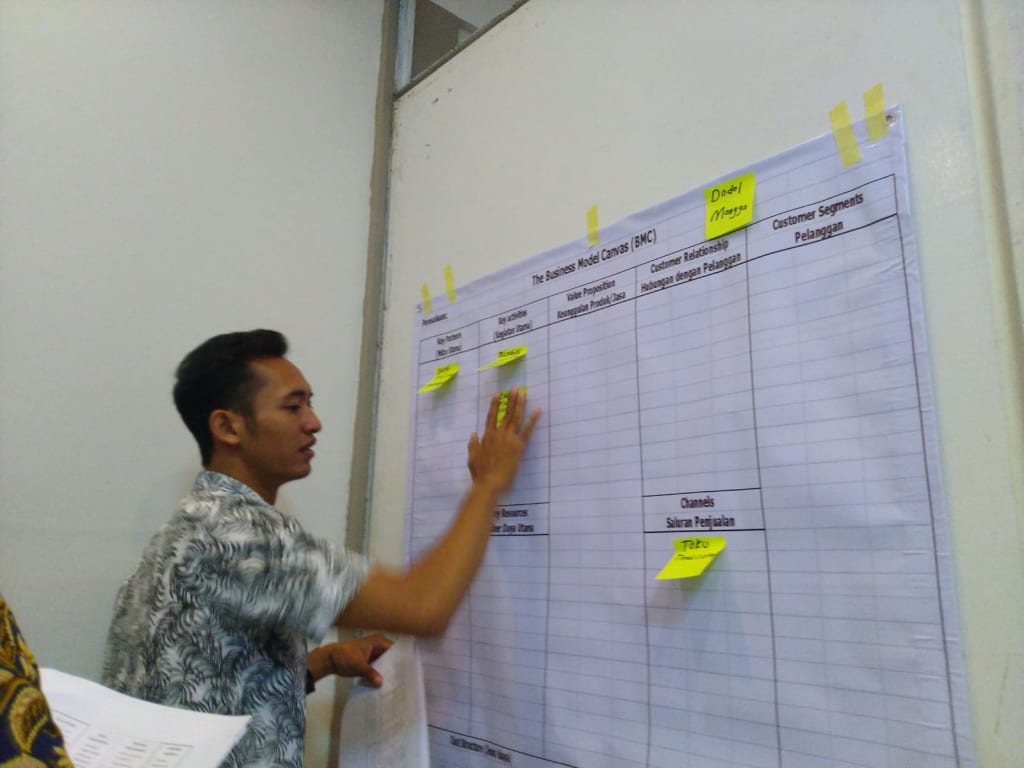The Journey from Novice to Master
Drawing Parallels between "Leon: The Professional" and Workplace Progression

In the cinematic world of Leon: The Professional, Léon, a seasoned hitman played by Jean Reno, imparts his wisdom to a young apprentice, Mathilda, played by Natalie Portman. One of his most memorable quotes is, "The rifle is the first weapon you learn how to use, because it lets you keep your distance from the client. The closer you get to being a pro, the closer you can get to the client. The knife, for example, is the last thing you learn." This quote encapsulates a profound understanding of skill progression and confidence building, not just in the world of assassins, but also in professional development within any workplace.
The Initial Learning Stage:
Keeping a Safe Distance :
"The rifle is the first weapon you learn how to use, because it lets you keep your distance from the client."
At the onset of a career, individuals often begin with tasks that allow them to maintain a level of "distance" from the core pressures of the job. This stage is characterized by foundational learning and the development of basic skills. Just as a rifle provides physical distance and a safety buffer, initial tasks in the workplace are designed to be straightforward and less risky.
For instance, a new employee might start with background research, data entry, or observational roles. These tasks are crucial for building a solid foundation of knowledge and understanding the basics of the field. They offer a safety net where mistakes are less likely to have significant repercussions, allowing novices to learn without the weight of high-stakes outcomes.
Intermediate Skill Development: Bridging the Gap
"The closer you get to being a pro, the closer you can get to the client."
As professionals gain experience and confidence, they begin to take on more challenging tasks that require closer interaction with critical elements of their job. This stage marks the transition from foundational skills to more complex responsibilities. The distance narrows, and with it, the safety net becomes smaller, demanding greater precision and accountability.
In the workplace, this might involve leading small projects, participating in strategic planning, or directly engaging with clients and stakeholders. For example, an intermediate-level marketing professional might move from drafting social media posts to designing and implementing a comprehensive marketing campaign. The tasks become more intricate and impactful, requiring a deeper understanding and a higher degree of skill.
Mastery and Direct Engagement: The Precision of a Knife
"The knife, for example, is the last thing you learn."
Mastery in any profession is achieved when an individual can handle the most intricate and demanding tasks with expertise and confidence. This final stage is akin to learning to use a knife—tasks require precision, a keen understanding of nuances, and the ability to perform under pressure. At this level, professionals are expected to make significant contributions through their direct actions and decisions.
In a corporate setting, this could involve negotiating high-stakes deals, leading major projects, or driving innovation within the company. These tasks often have a direct and substantial impact on the organization's success. A seasoned executive, for example, might navigate complex mergers and acquisitions or spearhead transformative changes within the company. Their ability to handle such responsibilities reflects their high level of competence and confidence.
Implementing the Progression in the Workplace
Training and Development Programs
Organizations should design training programs that mirror this natural progression of skill development. Starting with basic, low-risk tasks helps new employees build confidence. Gradually introducing more complex responsibilities ensures a steady and manageable learning curve.
Mentorship and Support
Just as Léon mentors Mathilda, experienced employees should guide newcomers through their professional journey. Mentorship provides support, feedback, and the opportunity to learn from seasoned professionals, facilitating smoother transitions through each stage of skill development.
Performance Metrics and Rewards
Implementing performance metrics that recognize and reward employees as they take on and excel in more challenging tasks can motivate continuous improvement. Celebrating milestones in their professional growth reinforces the value of their progression from novice to expert.
Encouraging Continuous Learning
Promoting a culture of continuous learning ensures that employees are always developing new skills and staying current with industry trends. This ongoing development is essential for maintaining a high level of professional competence and readiness to tackle the most challenging tasks.
Conclusion
The progression from using a rifle to mastering a knife in Leon: The Professional serves as a powerful metaphor for professional development in the workplace. By starting with foundational tasks, gradually increasing complexity, and ultimately mastering intricate responsibilities, individuals can build the skills and confidence needed to excel in their careers. Organizations that support this progression through structured training, mentorship, and continuous learning will cultivate a workforce capable of achieving mastery and driving success.
About the Creator
Dimas Seti Aditya
I am an insightful writer, delving into human behavior with empathy and depth.
My diverse interests shine through in engaging storytelling that inspires growth.
Enjoyed the story? Support the Creator.
Subscribe for free to receive all their stories in your feed. You could also pledge your support or give them a one-off tip, letting them know you appreciate their work.





Comments
There are no comments for this story
Be the first to respond and start the conversation.